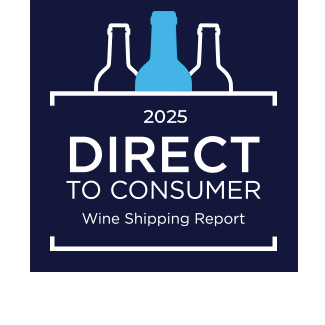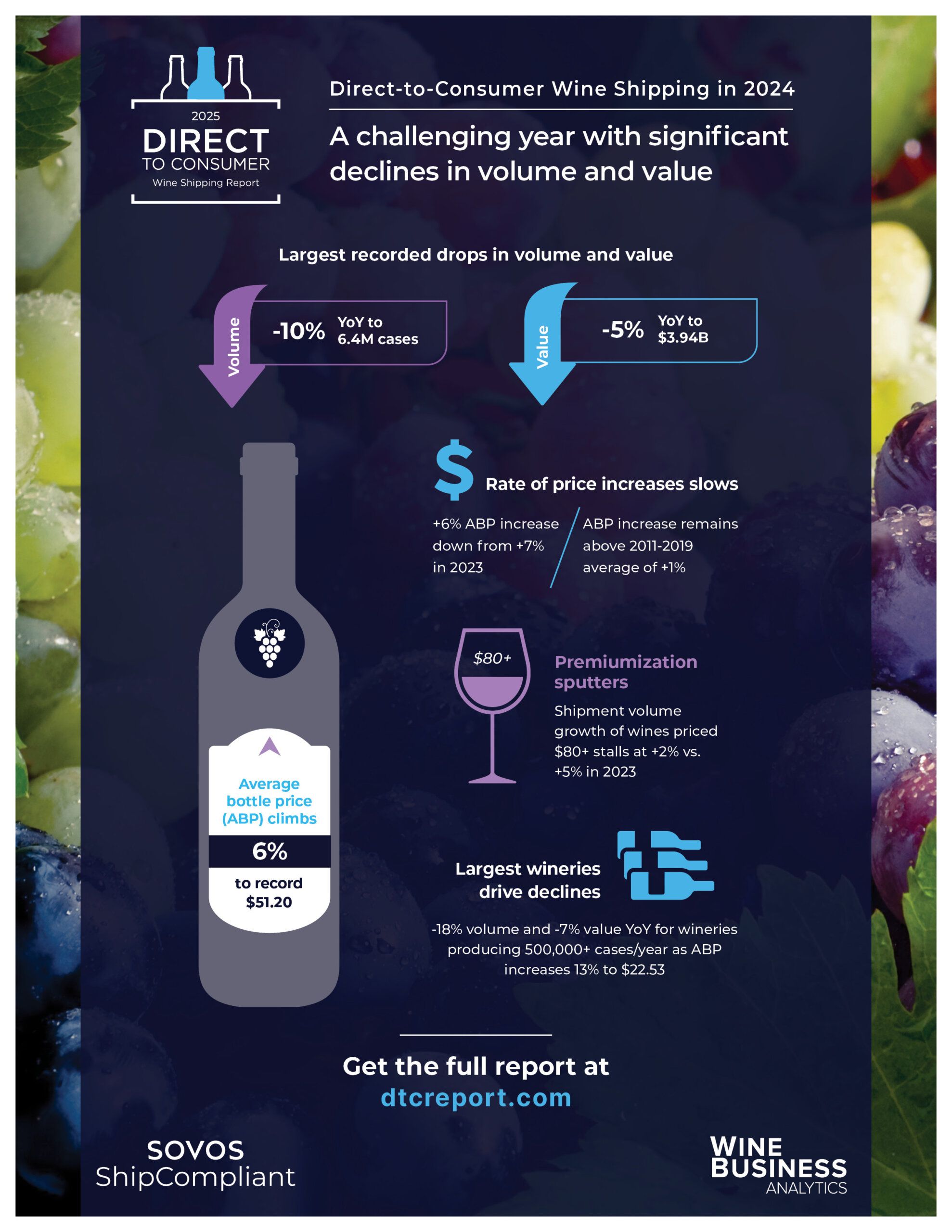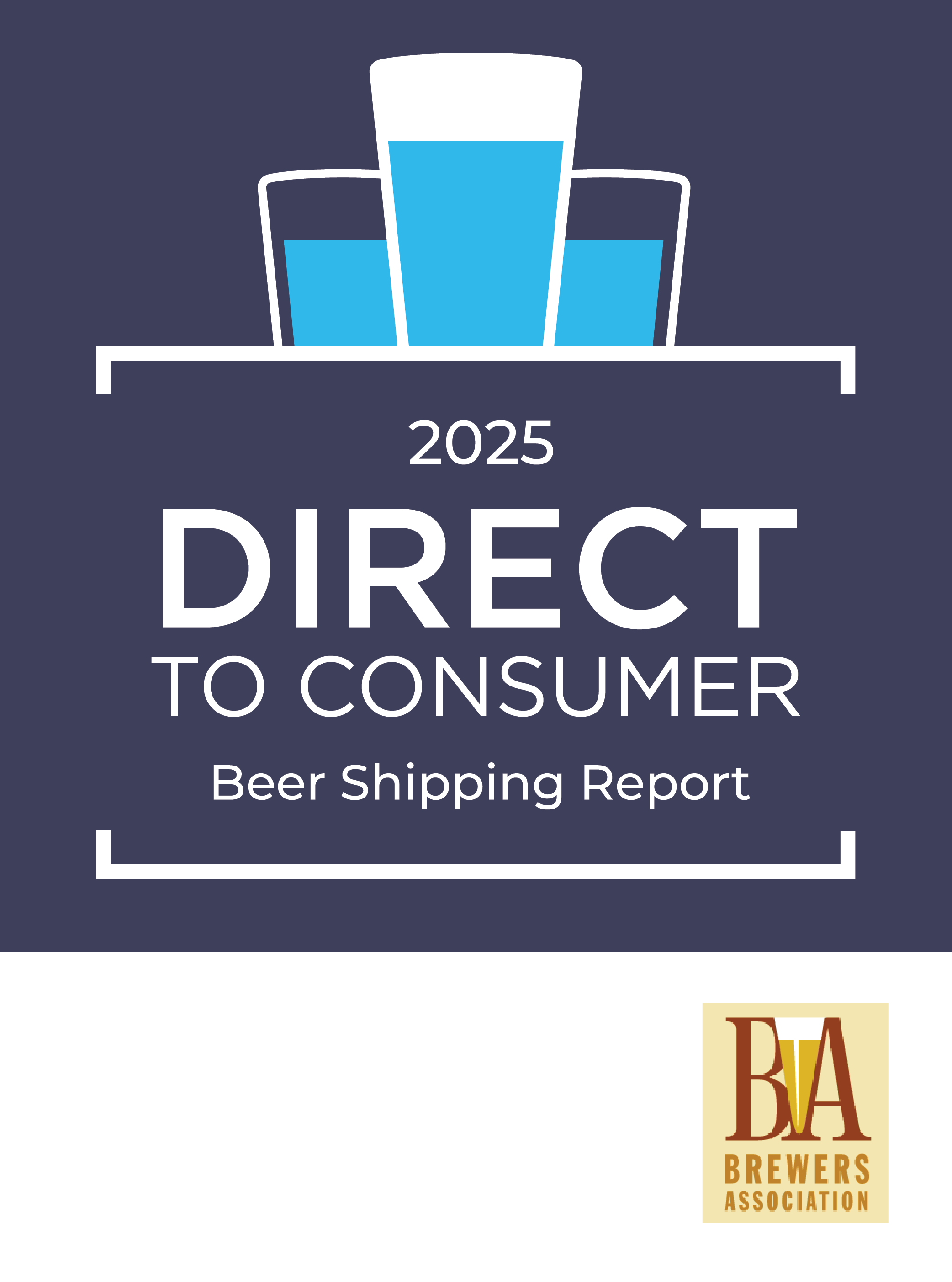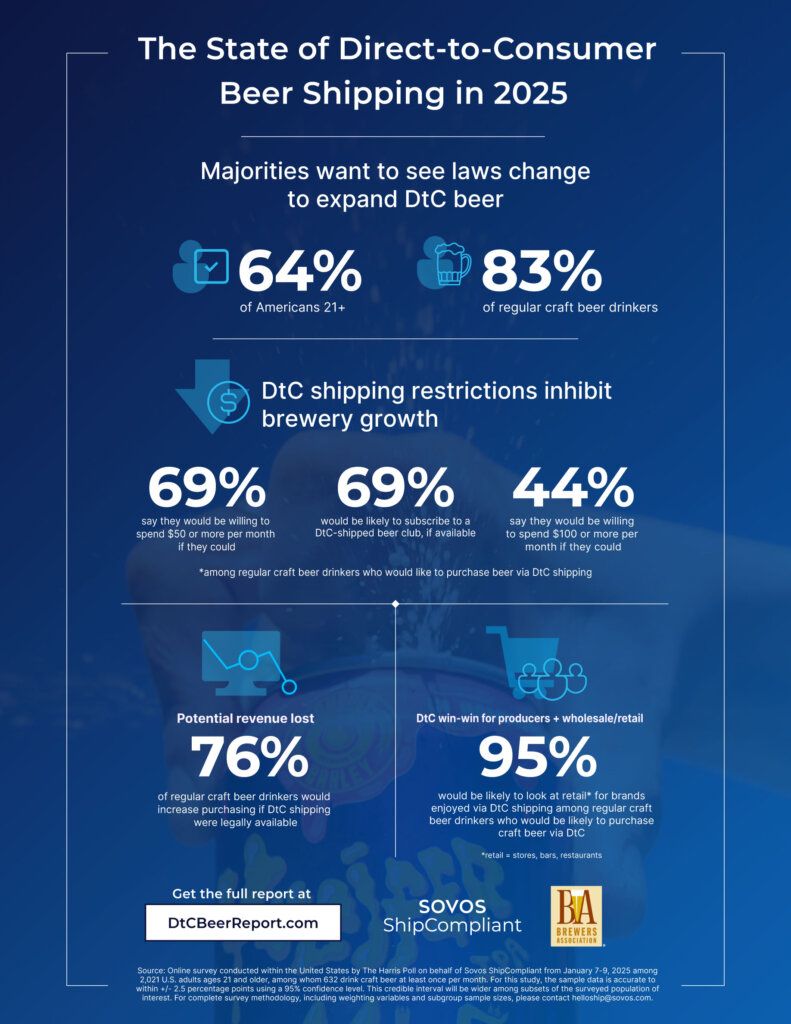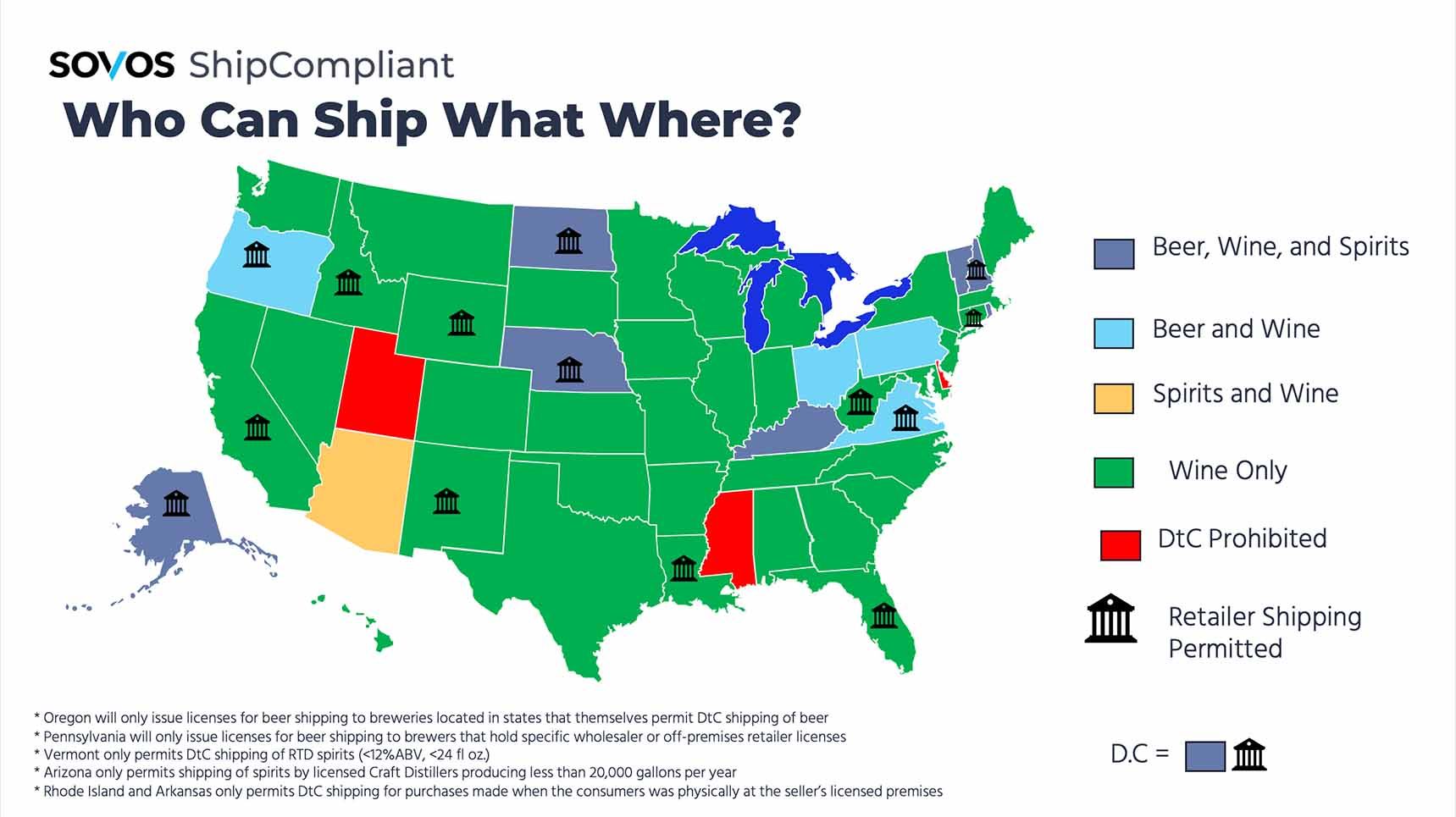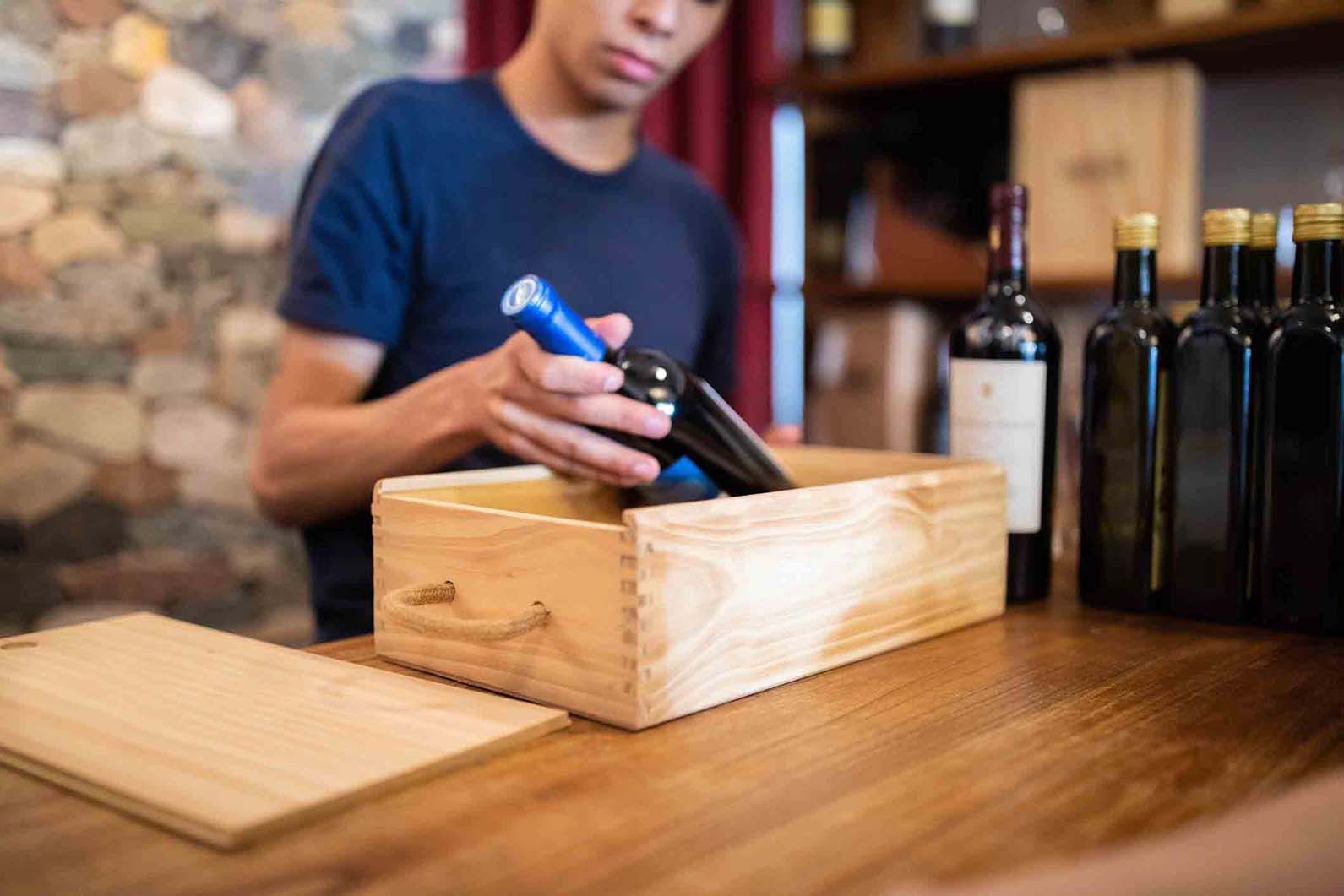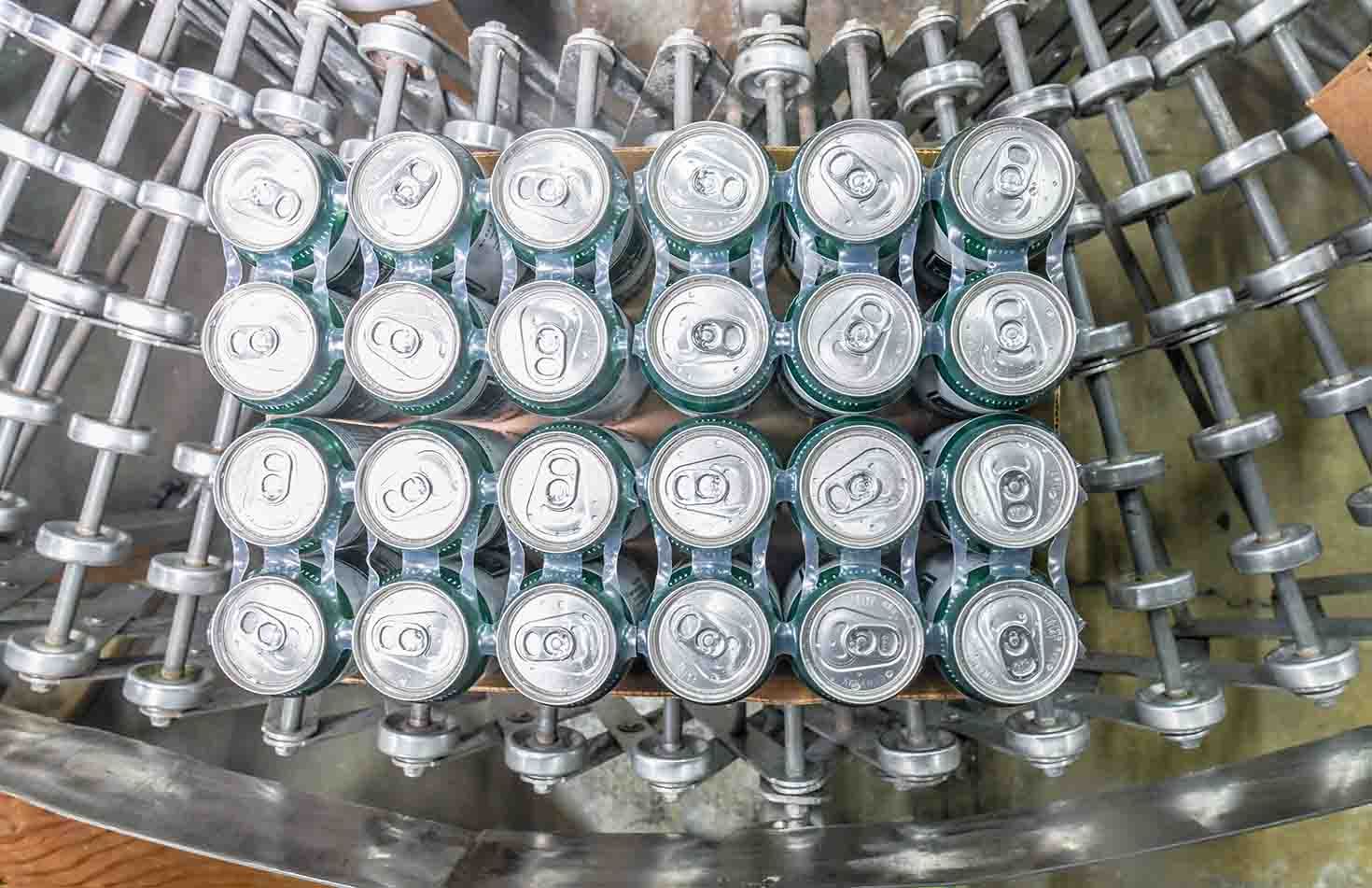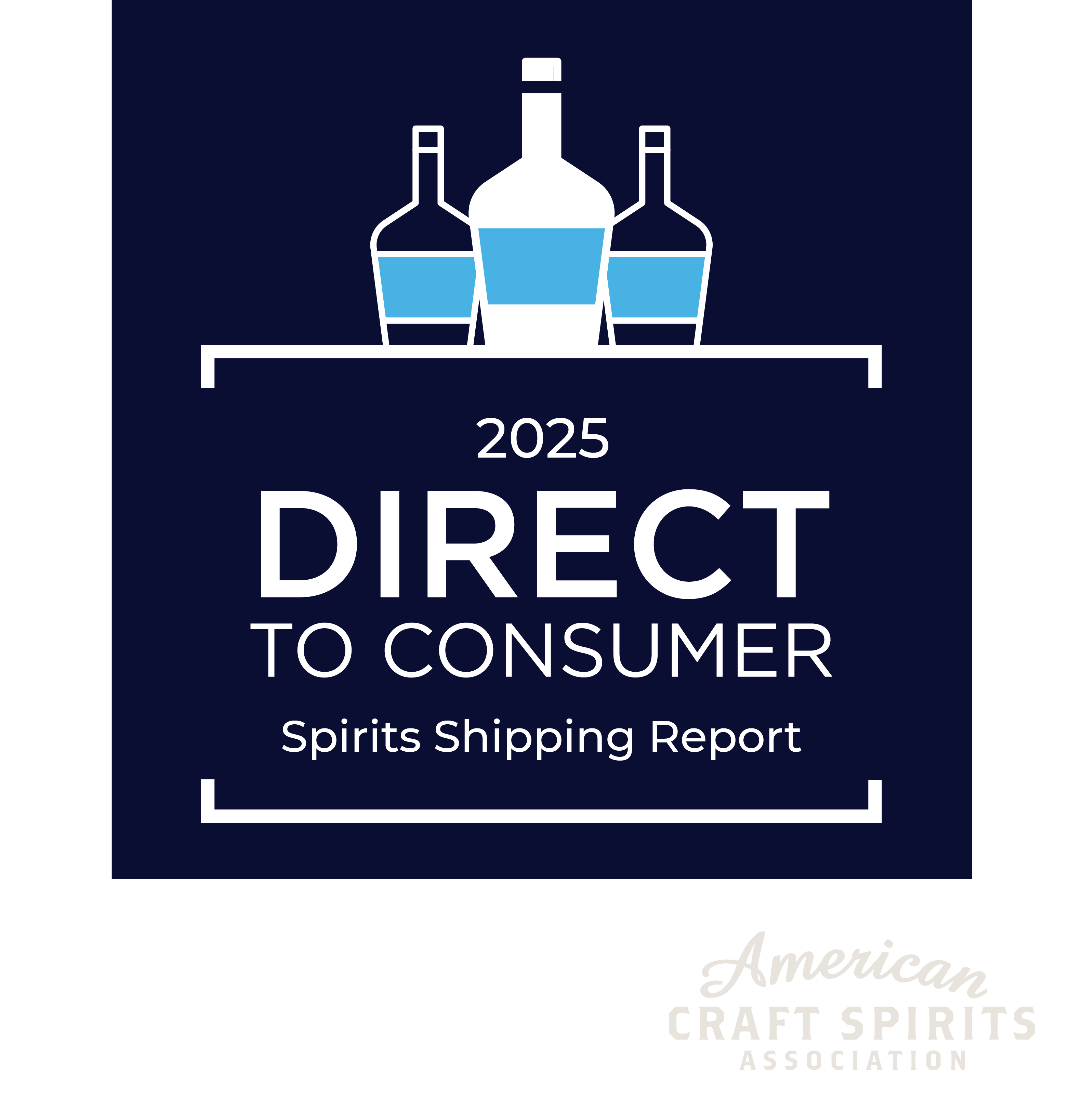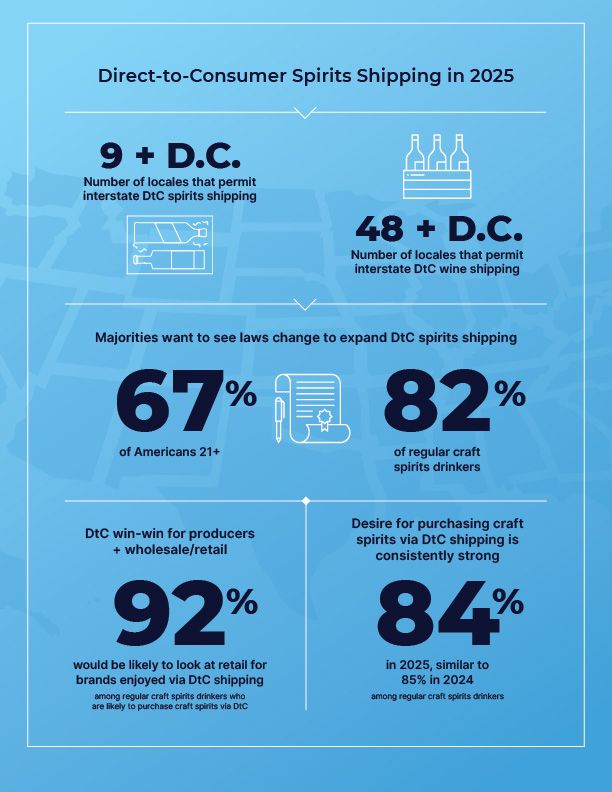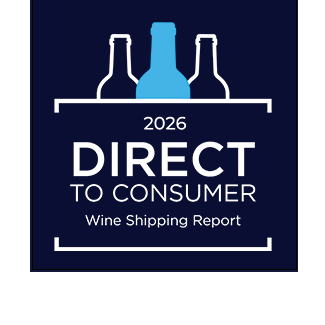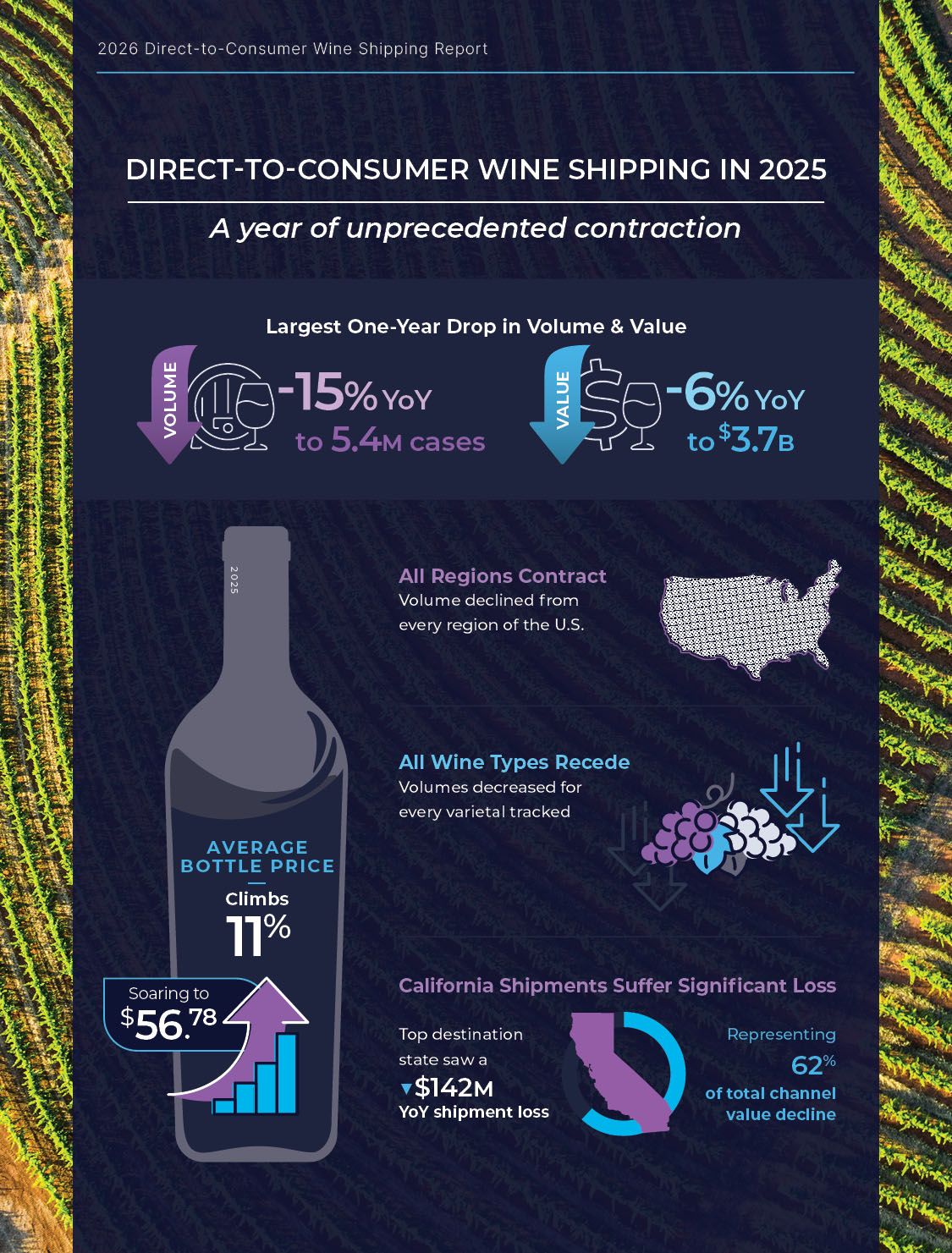DtC alcohol shipping compliance software
- How are new laws found and tracked?
Rule and regulation updates at all levels (federal, state, other jurisdictions such as county) are kept up to date by a team of regulatory experts.
- What is the license, product registration and renewals process?
A centralized database, visible to all team members, houses all state licensing and federal and state product registration information. The system can send proactive renewal reminders starting months in advance of the renewal deadline, to allow plenty of time for taking action. Renewal and registration requirements are kept up to date at all times by a team of regulatory experts.
- How long is setup/implementation?
Ideally, the DtC shipping compliance software implementation process should have your organization up and running in a matter of weeks so that you can quickly gain value from using the software. Look for a solution that offers a dedicated implementation team who will help guide you through account set up and use.
- How are compliance checks handled?
Automatically and in real time at the point of sale via integration with your ecommerce platform. In some cases, non-compliant orders maybe be flagged for adjustment or cancellation before a customer completes an order. Otherwise, orders should be quarantined for review and action by the team so that no risky non-compliant orders are completed.
- What is the process for determining, reporting and remitting taxes?
Again, look for automated, real-time tax determination that is both alcohol-specific and as granular as the rooftop level, as in some jurisdictions, tax rates can vary from one side of the street to the other.
- What is the employee burden?
While managing compliance and reporting still requires employee time and attention, expect to save hours—possibly days—per month on compliance and reporting work. Expect employees to experience greater job satisfaction in working with a streamlined, modern compliance solution versus inefficient and time-consuming manual processes that are subject to human error.
Review your internal processes to determine what the best, most reliable option will be for your business. Remember to account for any future growth plans as well—a single employee handling compliance may work for operating in one territory, but expanding beyond that could become time-consuming, more difficult to maintain and more prone to human error.
